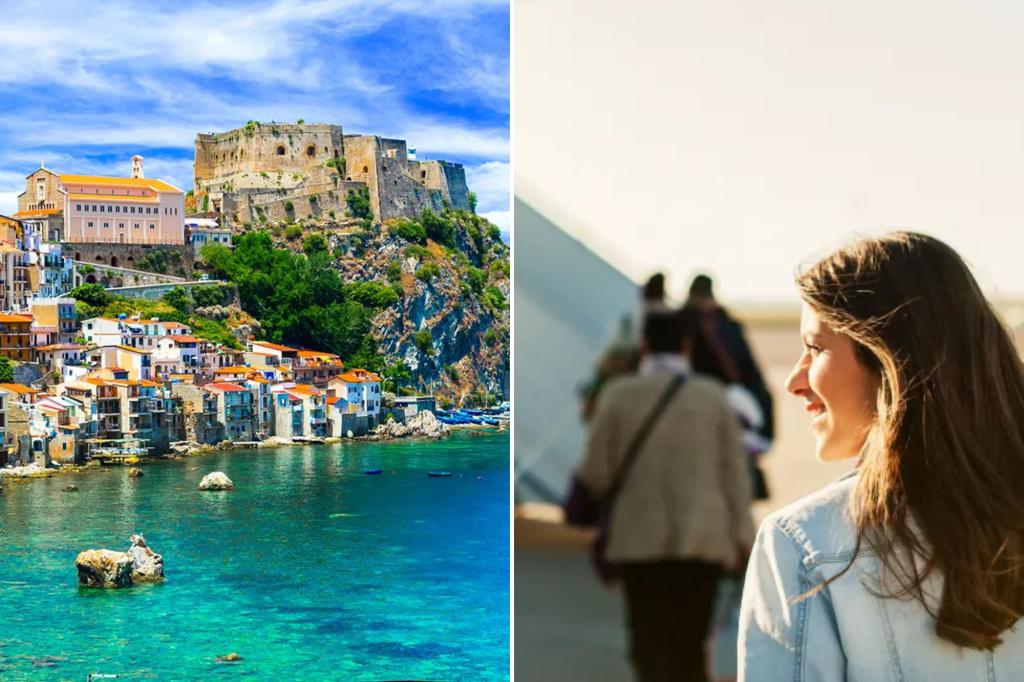Imagine this: Sicily, this August.
Sure, the island's dramatic coastline is perfect for swimming and sunbathing, but it does share a fairly small patch of land with half of Europe.
A few weeks later the weather will be nearly as hot and sunny, with an average daily temperature of 80 degrees Fahrenheit, but you won't have to defend yourself from an army of pale-skinned invaders from Northern Europe.
Higher prices, scorching heat and crowds make fall travel a more popular option. vladteodor – stock.adobe.com
Welcome to the famous “off season” of travel, we know you'll love it here.
In fact, more and more European travellers are rescheduling their holidays to avoid the summer crowds and scorching heat and patiently wait for more time in the sun, fewer crowds and, not to mention, cheaper prices in September and October.
But don't wait for the off-season to try it for yourself: Travel industry experts say the deferred gratification approach has become so prevalent that the very idea of summer being peak travel may be past its sell-by date, at least in some destinations.
According to the Guardian, tour operators are noticing increased interest not just in autumn, but also between March and early May.
Take your vacation in the off-season and have more time on your hands during the holidays. Ekaterina Pokrovsky – stock.adobe.com
Adventure travel company Intrepid Travel reported that off-season bookings to Western Europe increased 61% last year, with some countries seeing departures increase by as much as 47% during that period.
The company cited the continent's increasingly hot summers as the reason for the change. Indeed, the increase in spring and autumn tours comes as interest in hiking trips in July and August plummets, with Spain and Portugal being dropped entirely from the schedule during those months.
Programming was also drastically curtailed as Greece's fastest heatwave on record scorched much of the country in June, with temperatures reaching 100 degrees for more than three consecutive days.
“People are no longer willing to travel during the heatwaves that are raging in Europe,” Rafael Jacardi, editor of Holiday Pirates, told the Guardian.
Some travel companies are cutting back on tour offerings to popular summer destinations. Shutter2U – stock.adobe.com
“To avoid the heatwaves, more holidaymakers may choose to travel to European destinations during the off-season in September and October, when temperatures are still warm but more comfortable and there are much better deals on flights, hotels and package tours – not to mention the fact that crowds are usually much less,” Jacardi said.
A travel trends report released last month by the Mastercard Economics Institute found that off-season travel to Europe has increased by about 1.8 percent over the past decade, with popular beach resorts such as Croatia leading the way, as well as countries like Sweden, where beautiful autumn foliage can be seen during the season.
“This suggests that hotter summers alone are not driving the change,” the authors note. “Two major demographic shifts are also likely at play: the rise of retirees freed from work obligations and the rise of childless households freed from school schedules.”



